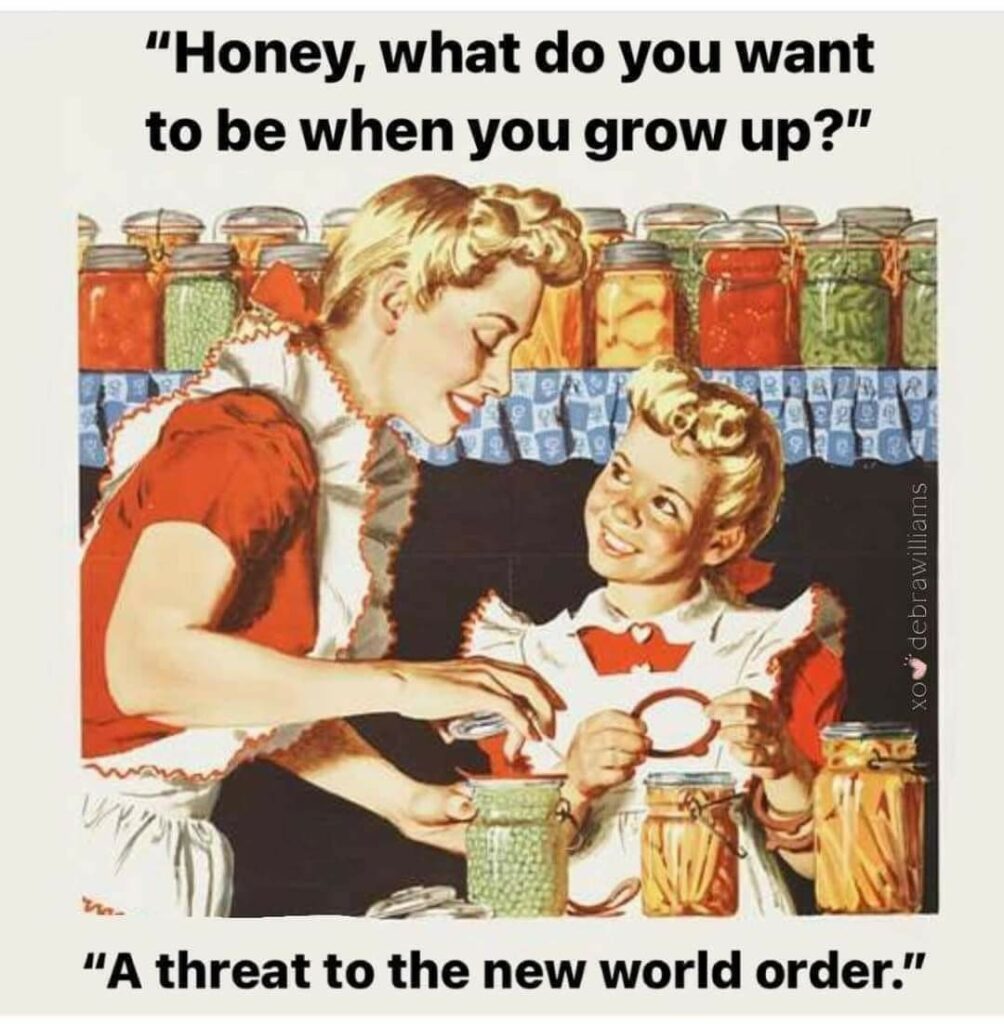In the tech world of social change and challenge, we’re living with a strange imbalance. Too often, the spaces we use and try and build are crowded with useless, self-destructive prats – people more interested in ego, control, and clout than in making anything grow from the roots. And when they do very rearly act, their “help” is often poison: it blocks, slows, and derails.
At the same time, the number of people doing truly useful, collective, grounded work feels small. You can see this in every grassroots project, tech or activism, whether it’s, coding radical #FOSS projects, building alternative media, running servers, or planting food forests. The people who actually show up and keep things moving are always fewer than we need.
Then into this gap steps the parasites of #mainstreaming. Yes, they look like they’re helping. They reach out, they polish up the image, they “outreach” grassroots tech projects to wider audiences. But under the surface, this isn’t really helping. What they are doing, shifts focus away from what makes grassroots powerful – trust, messy collectives, stubborn autonomy – and towards something glossy and hollow.
Real help doesn’t come from smoothing out the rough edges for palatability. Real help is messy, reciprocal, and based in care. It’s, shipping working code, turning up to maintain the server, to keep the firewood dry, to cook food for the meeting, to argue about governance without walking away. It’s staying rooted when everything pulls you towards the easy path of compromise.
The good news? The work that does happen, when it’s done by those few stubborn and lovely souls who commit to it, is real and lasting. Every #fediverse instance that survives another year, every scrappy #openweb tool that stays online, every cooperative that resists collapse – these are proof that grassroots power is alive.
So yes, most of what gets labelled as “help” from outside is damage. But the grassroots path is still there. If we keep it simple – #KISS – and keep choosing trust over polish, collectives over branding, we can tip the balance back to where it needs to be.

Let’s look at some examples:
#Indymedia worked because it was built on trust, open publishing, and direct participation. But once the dogmatic #eekproblem, the NGOs and professional activists came sniffing, the energy shifted. Gradely the rough edges, the wild openness, became a “problem to be managed” instead of a strength. And with that, the vitality drained.
Or look at the #Fediverse. It thrives when it stays scrappy, with collectives running their own servers and shaping their own cultures. But already we see #Bluesky, #Threads, and NGO-backed “Fediverse Foundations” pushing. They’ll say they’re amplifying the movement. In reality, they’re clipping its wings, taming it for the same #mainstreaming logic that gutted Indymedia.
The #OMN (Open Media Network) was always an attempt to resist this drift. Instead of begging for a seat at the mainstream table, it builds trust networks from the ground up. No gatekeeping, no branding games – just collectives #4opens sharing content, tools, and governance in open, federated ways. It’s not sexy. It doesn’t polish well for a TED talk. But it works, because it stays close to where publishing and power actually happen: at the grassroots.
I’ve seen this first-hand in my own work. On the boats at Rummelsburger Bucht, in affinity groups fighting #climatechaos, and in rebuilding #indymediaback, the same pattern repeats. The parasite #mainstreaming arrive smiling, but what matters is the stubborn few who show up with shovels, laptops, and trust. Those are the people who keep the fire burning. The #KISS truth, it doesn’t take everyone. It just takes enough of us who refuse to give in.

While it’s easy (and justified) to call out the parasitic #mainstreaming types, it’s harder (and more important) to think about how to bridge to them without being captured or co-opted.
1. Meet them on fluffy values, not hard projects. Most #mainstreaming people say they care about openness, creativity, and inclusion. Use those as starting points. Instead of hitting them with #4opens or #OGB right away, talk in simple, human terms: trust, care, mutual aid, freedom. Then show how the OMN already embodies those values with examples like: When talking about #indymedia reboot, don’t begin with federation protocols; begin with “this is a people’s newswire where communities publish, and no single organisation can control it.” Then connect that to the tech.
2. Frame the commons as abundance, not scarcity. Mainstreaming comes with a scarcity mindset (“we need funding,” “we need gatekeepers”). We counter with an abundance story: the #openweb grows by sharing, remixing, and federating. Emphasise that our strength isn’t owning the pie but baking more pies together. An example might be: OMN flows content between blogs, small sites, and #fediverse projects. This isn’t competing with “platforms,” it’s weaving a bigger web where everyone benefits.
3. Offer them low-stakes ways to join. Not everyone is ready to dive headfirst into spiky, fluffy, grassroots culture. Make lightweight on-ramps: federated publishing plugins, easy “flows not silos” demos, or spaces where they can share without having to fully sign up.
4. Keep the tone sometimes fluffy, sometimes spiky. People new to grassroots tech often get scared off by the first bit of conflict. Fluffy spaces – campfires, storytelling, art – can bring them in. The spiky edges – calling out parasitism, blocking #NGO capture – should remain, but not be the only door in.
5. Make co-creation visible. Show them that grassroots projects don’t just “talk” about collaboration – we live it. When people see decision-making without bosses, publishing without gatekeepers, and coding without silos, they realise it’s possible. An example of this can be found in #OMN wiki pages on Unite Forge which are messy, open, and collective. That’s not a bug, it’s a living record of co-creation. Point to that messiness as proof of trust-based work that they can make more “tidy”, this is work as gift.
The #bridgeing isn’t about diluting grassroots culture into “NGO-speak.” It’s about keeping our paths, our politics sharp, while offering ways for curious people to join with less fear. Some will drop off (parasites always will), but others might step over the bridge and become part of the messy, hopeful commons.
One thought on “The stubborn few who show up with shovels, laptops, and trust”